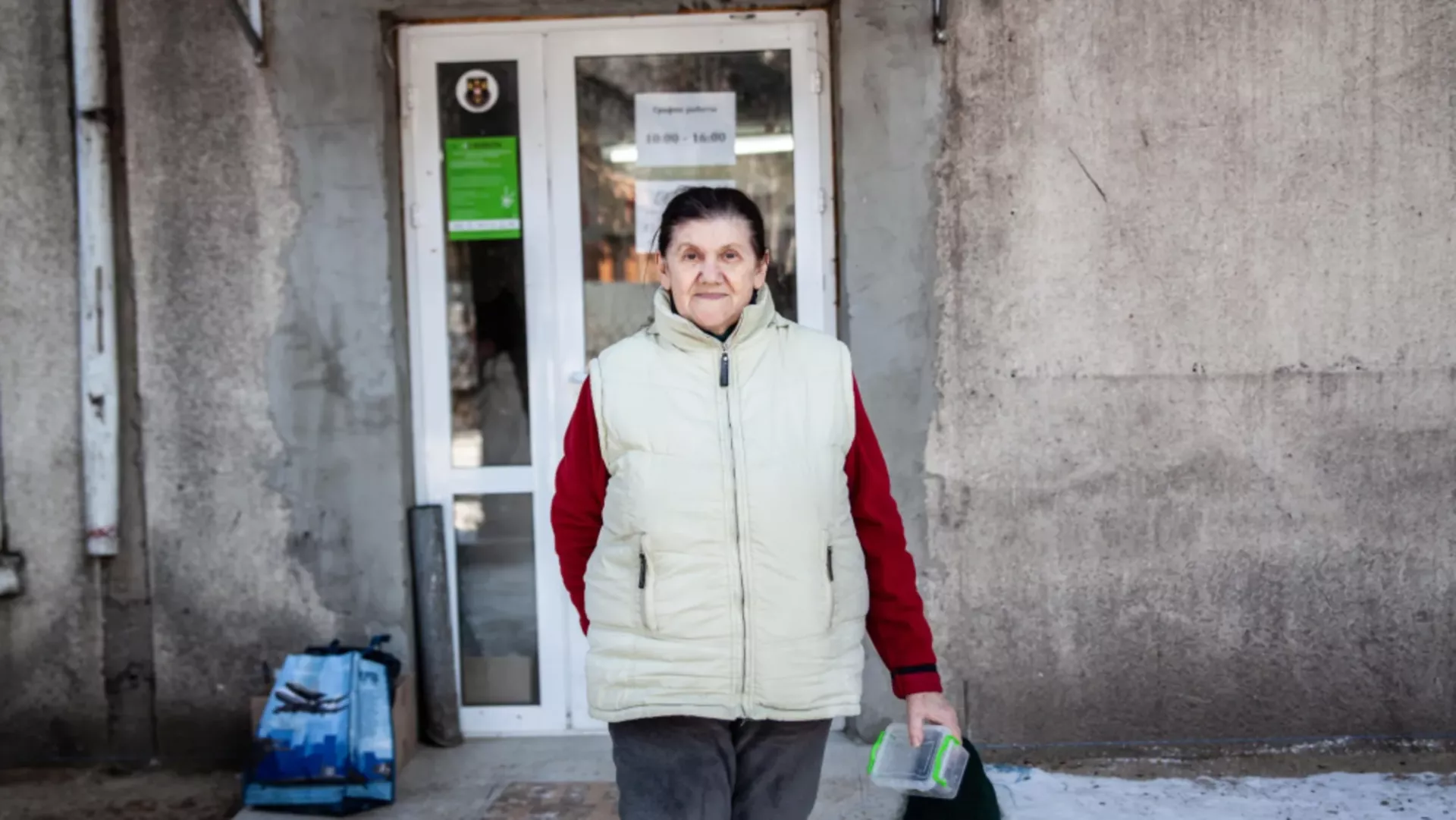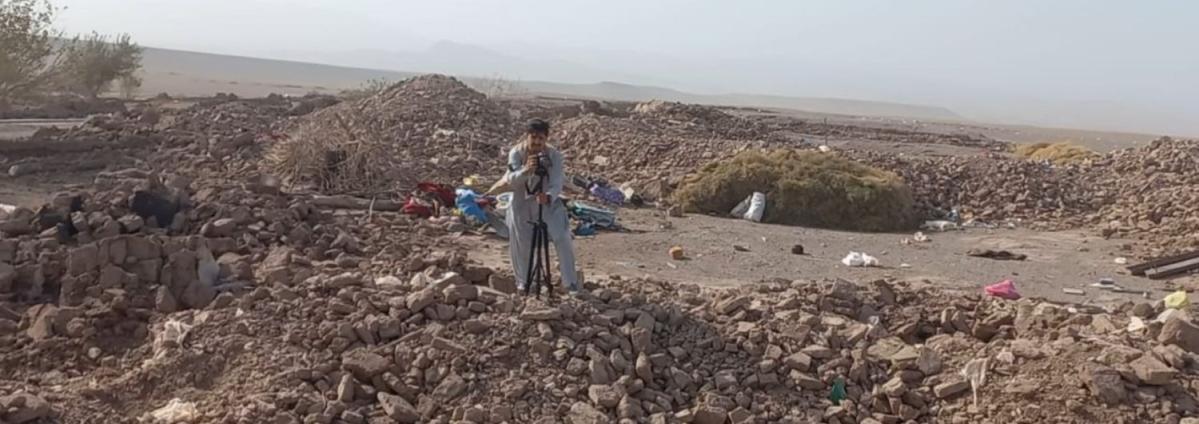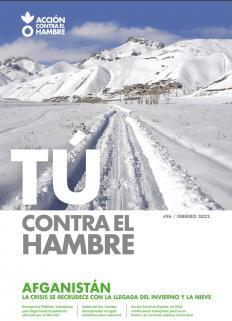
Humanitarian context
Forty years of conflict, recurring natural disasters, chronic poverty, a series of droughts and the COVID-19 pandemic have left over 24 million people in Afghanistan in need of humanitarian aid. Political turmoil has exacerbated needs and further complicated an extremely difficult operational context, worsening an unprecedented humanitarian crisis.
Meanwhile, restrictions on participation in public life for Afghan women and girls have only increased since the summer of 2021, including barriers to their rights to education, work and free movement.
Around 17.2 million people in Afghanistan, or 40% of the population, suffer from high levels of acute food insecurity (IPC phase 3 or 4 ¹ ). In addition, several droughts leading into one another has put access to safe drinking water at greater risk in a country where only half of the urban population can safely obtain water.
¹ IPC, april 2023.
BENEFICIARIES
workers
Our activity
Action Against Hunger works in Afghanistan through multisectoral projects, with a special emphasis on serving those who require health and nutritional support. In its fight against hunger and its commitment to improving livelihoods, Action Against Hunger distributed cash to 46,000 families to buy food, as well as food vouchers, winter survival kits, and agricultural and livestock packages with seeds, fertilizers, supplies for farming, livestock and fodder.
To improve access to safe drinking water and hygiene, we built or rehabilitated water, sanitation and hygiene infrastructures in 58 health centres, as well as water points, water sources and latrines. In addition, we distribute hygiene and water kits, including water filters and water purification tablets.
WHERE
WE HELP
We help 24.5 million people each year. We work in 55 countries in Africa, Asia, Latin America and Europe, those most threatened by hunger.
EYEWITNESSES

KHAN MOHAMMAD HAS BEEN LIVING IN KABUL FOR 8 YEARS WITH HIS WIFE AND THEIR 3 SONS AND 2 DAUGHTERS
in the house of one of his brothers, who has lent the family a room with a bathroom.
In winter we don't have much electricity, and the weather is so cold and wood is so expensive that we can't always afford it, but we have a heater and everyone comes to this room to warm up. As for water, we only have one well, here in our house. We drink from it, wash our clothes and also use it for other needs. We moved from Paktia to Kabul because there were no job opportunities in Paktia. In spring it's still fine, but in winter we can't even find enough food.
Khan Mohammad has not had a steady job for two years, even though the opportunities in Kabul seemed better. He used to be a driver, which allowed him to support his family and buy medicines. His youngest son, Arfanullah, began to lose weight worryingly two months after being born. Although she had no problems with her other pregnancies, Babri, his mother, was not producing enough milk to feed Arfanullah, and was also ill but could not afford the treatment. This led her to stop breastfeeding the baby, which had a negative impact on the baby's health and development.
When his parents saw him fall ill, they took him to the local clinic, where they were told that although he was losing weight and suffering from fevers and diarrhoea, he was not malnourished. This misdiagnosis delayed his treatment, but once Arfanullah was brought to Action Against Hunger's therapeutic feeding unit in Kabul, he was diagnosed with malnutrition and admitted for 11 days, during which time he recovered thanks to therapeutic milk, as well as nutrition and feeding training for his parents.

